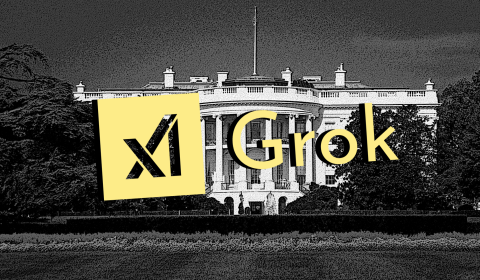Huge investment in both star power and content production has done little to establish Quibi among the streaming elite. But does the app have a future?
Two months ago, at the height of the COVID-19 pandemic, veteran execs Jeffrey Katzenberg and Meg Whitman boldly decided to launch a new mobile-centric streaming app called Quibi. But despite sinking a combined $1.8 billion in capital and star power, the platform may fail to hit even 30% of its year one subscribers goal. And its latest moves have the distinctive scent of desperation about them.
We covered the launch back in April, questioning at the time whether Quibi’s haste to tap into a captive market would bear fruit down the line, or pit it squarely amongst a litany of other failed ventures in the streaming sphere. With people stuck inside during the pandemic, the likes of Netflix, YouTube, and Amazon Prime have seen record numbers of engagement, forcing each to lower their respective resolution defaults. The heads of Quibi deemed this opportunity too big to miss, and the perfect time to show their mettle.
Pre-pandemic, the platform was to be peddled as the ‘ultimate on-the-go diversion’, but pushing ahead with launch Katzenberg promptly spun Quibi’s ethos as a lockdown-friendly ‘distraction to bring relief to those looking to escape’. It’s likely this drastic shift that harmed Quibi’s chances in the wild from the off, and may prove to be the fatal miscalculation for its future.
Everyone who invested in Quibi should have to pay 90% taxes for 5 years.
— Dave “Alive” Anthony (@daveanthony) June 14, 2020
The prospect of watching quality content tailored to a mobile phone is an extremely appealing one for any daily commuter. Who wouldn’t want to fill that tedious bus or tube journey with short-bite interactive stories involving A-list stars like Jennifer Lopez, Idris Elba, Sophie Turner, and Bill Murray? However, when you’re trapped indoors and looking for all the digital filler you can get, 10-minute bites don’t cut the mustard when weighed against the hours of quality binge-worthy content on Netflix and Amazon Prime.



















